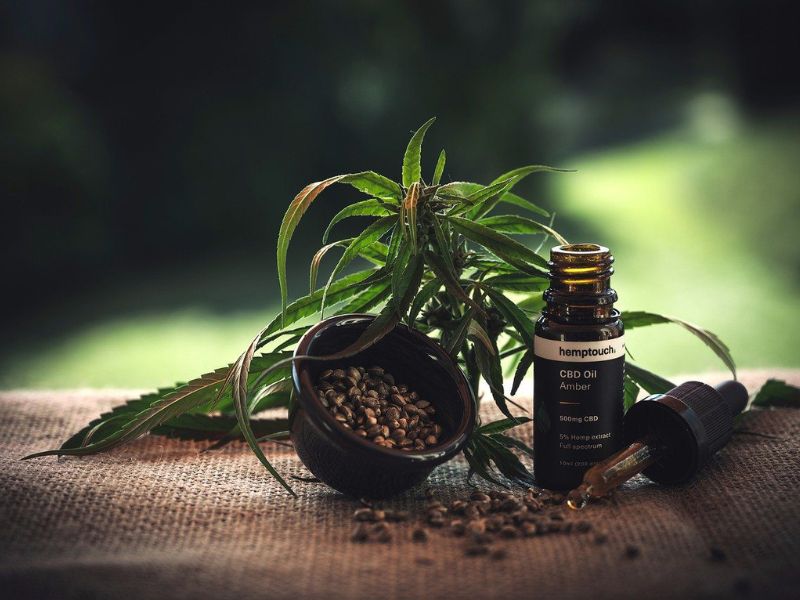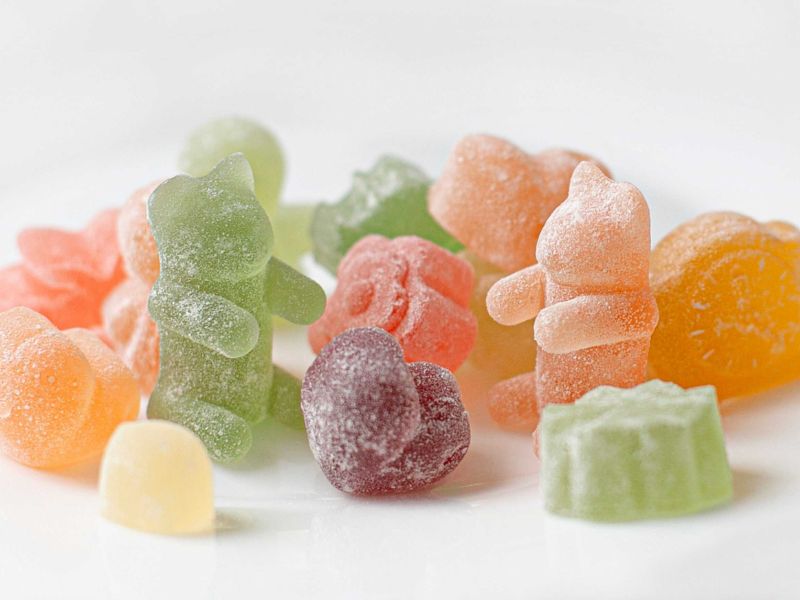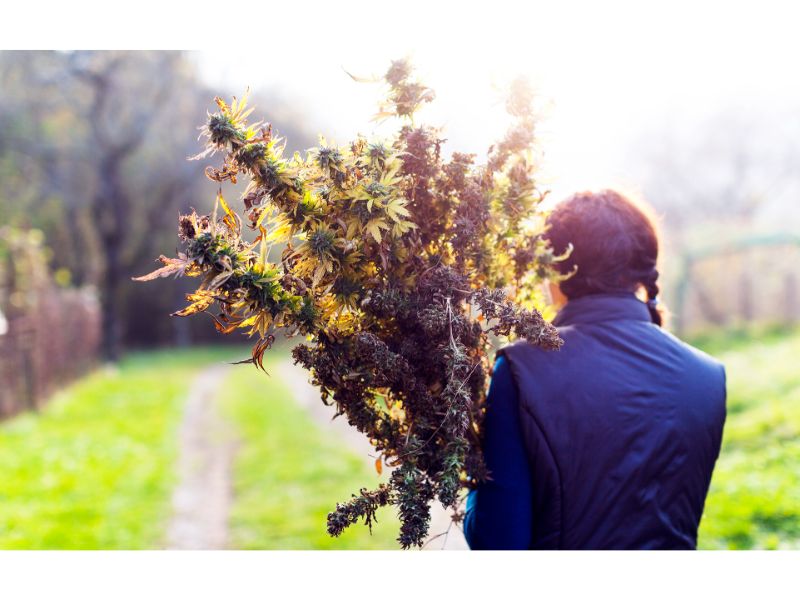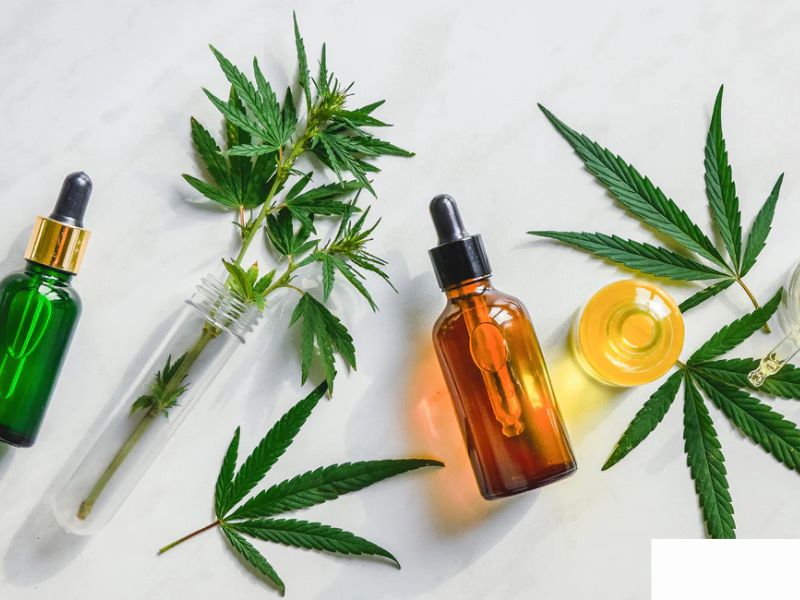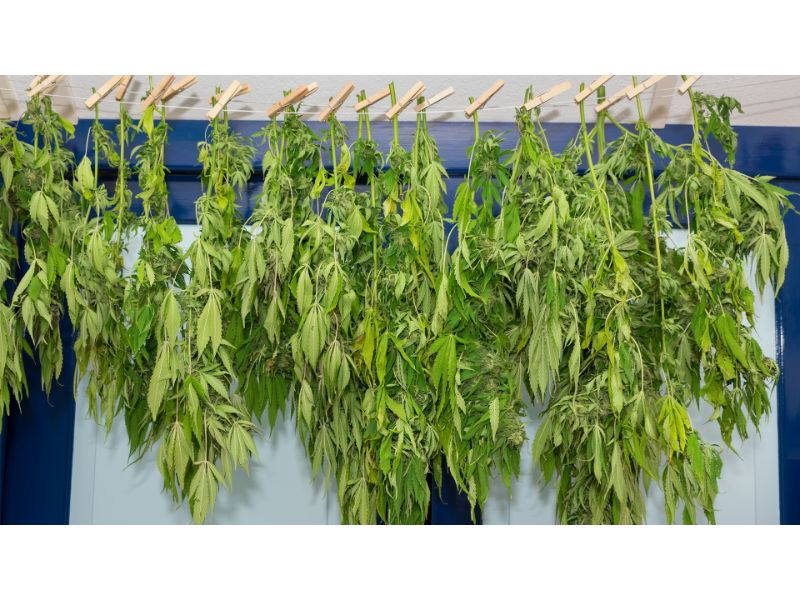CBD, short for cannabidiol, has gained significant popularity in recent years due to its potential health benefits. As interest in CBD products continues to rise, it is crucial to understand the legal framework surrounding its use and sale.
In this article, we delve into the legality of CBD in the state of Missouri, exploring the regulations, restrictions, and recent developments.
CBD and its Legal Status
To grasp the legal implications of CBD in Missouri, it is essential to understand its origins and composition. CBD is a non-psychoactive compound extracted from the hemp plant, a variety of cannabis. Unlike its counterpart, tetrahydrocannabinol (THC), CBD does not induce a “high” feeling.
The Farm Bill of 2018: A Turning Point
The passage of the Farm Bill in 2018 marked a significant turning point for CBD legality across the United States. The bill legalized the cultivation, sale, and transportation of hemp-derived CBD products, provided they contain less than 0.3% THC. This federal legislation paved the way for individual states to develop their own regulations regarding CBD.
Missouri’s Stance on CBD
In Missouri, the legal status of CBD primarily depends on its source, THC content, and intended use. The state has implemented specific guidelines to regulate the production, distribution, and consumption of CBD products.
a. Hemp-derived CBD
Following the passage of the Farm Bill, Missouri aligned its laws with federal regulations. Hemp-derived CBD products containing less than 0.3% THC are legal for both medical and recreational use. These products are widely available in various forms, such as oils, tinctures, capsules, and topicals.
b. Medical Marijuana Program
Missouri established a comprehensive medical marijuana program in 2018 through a statewide ballot initiative. Patients with qualifying conditions can obtain medical marijuana cards, allowing them to purchase CBD products with higher THC content from licensed dispensaries.
Restrictions and Regulations
While CBD may be legal in Missouri, certain restrictions and regulations exist to ensure consumer safety and product quality. These measures are in place to prevent the sale of contaminated or mislabeled CBD products.
a. Lab Testing and Labeling Requirements
CBD products in Missouri must undergo testing by accredited laboratories to verify their THC content and ensure they meet safety standards. Additionally, proper labeling of CBD products is crucial to provide consumers with accurate information regarding ingredients, potency, and usage instructions.
b. Age Restrictions
To protect minors, Missouri enforces age restrictions on the purchase and consumption of CBD products. Generally, individuals must be at least 18 years old to purchase CBD, while some products may have a higher age requirement.
Recent Developments and Future Outlook
Missouri has continued to adapt its CBD regulations in response to evolving laws and consumer demands. The state is actively working on expanding its medical marijuana program and exploring the potential for recreational legalization.
As the CBD industry continues to evolve, it is crucial to stay informed about any new legislation or changes in Missouri’s CBD laws.
Conclusion
CBD’s legal status in Missouri reflects the broader trend in the United States, where laws are evolving to accommodate the growing demand for CBD products.
While hemp-derived CBD with low THC content is widely available for both medical and recreational use, it is essential to adhere to the state’s regulations to ensure compliance and consumer safety.

